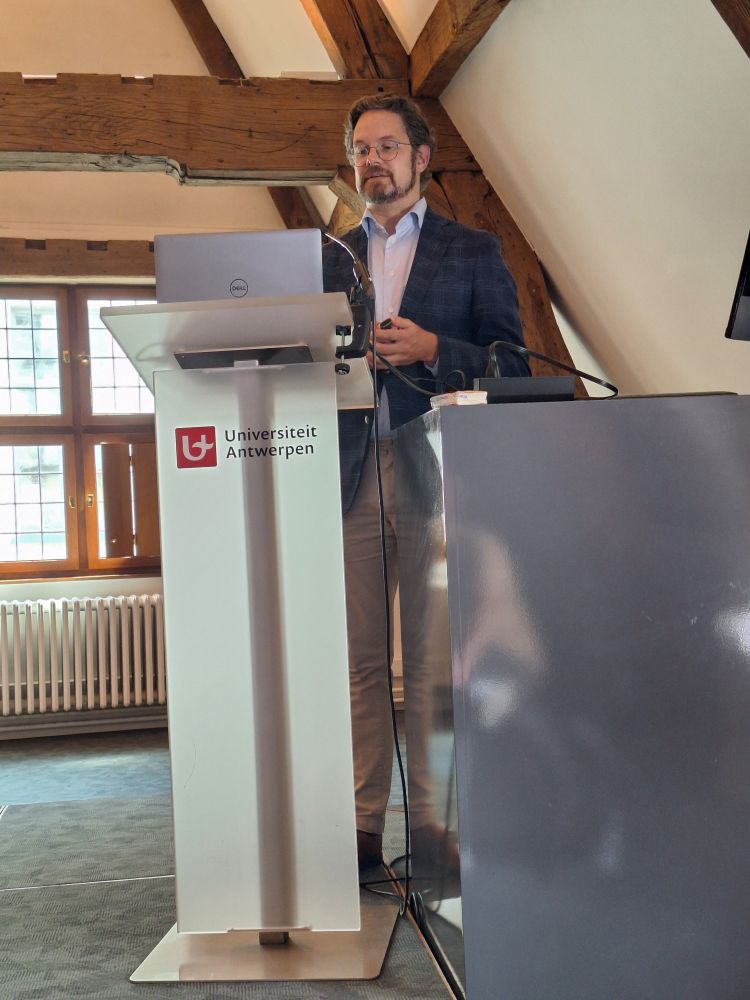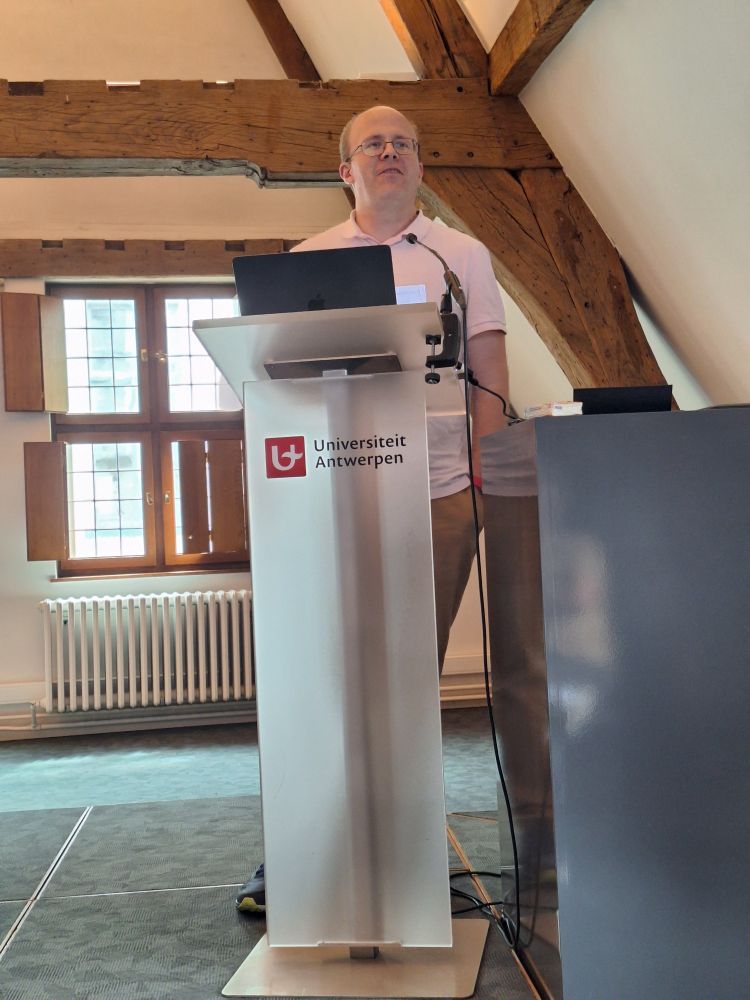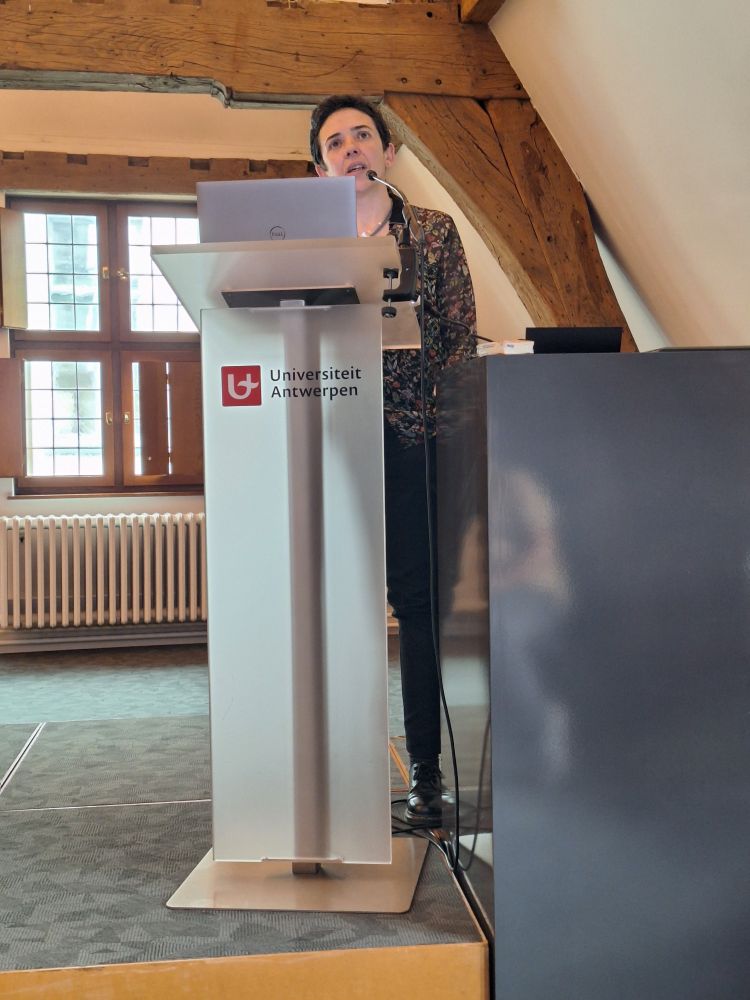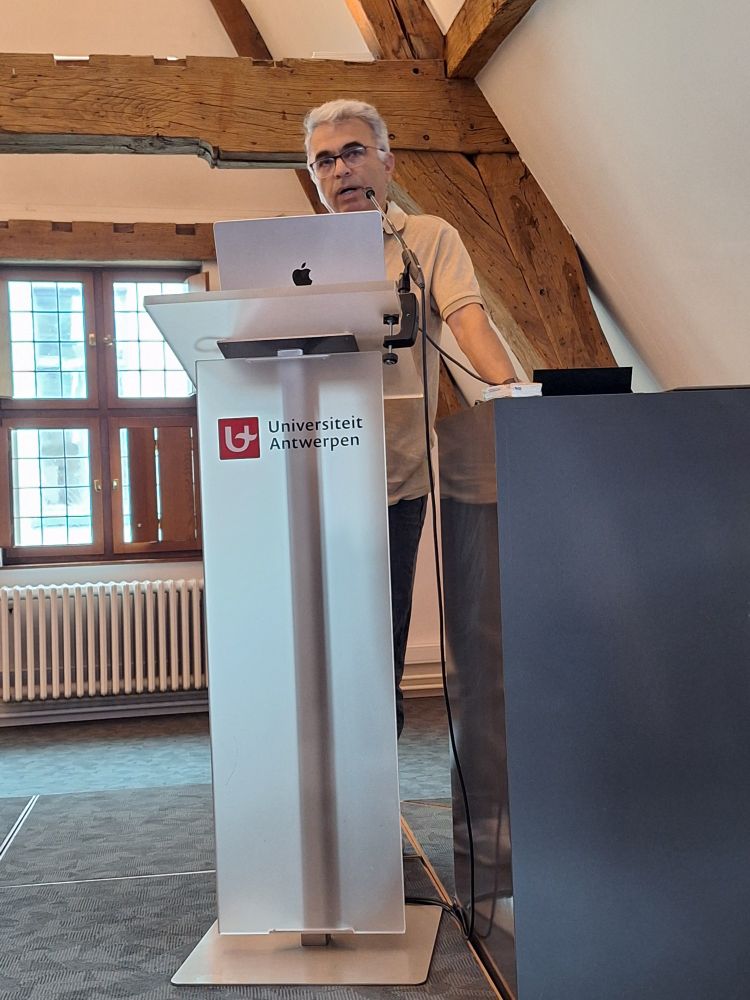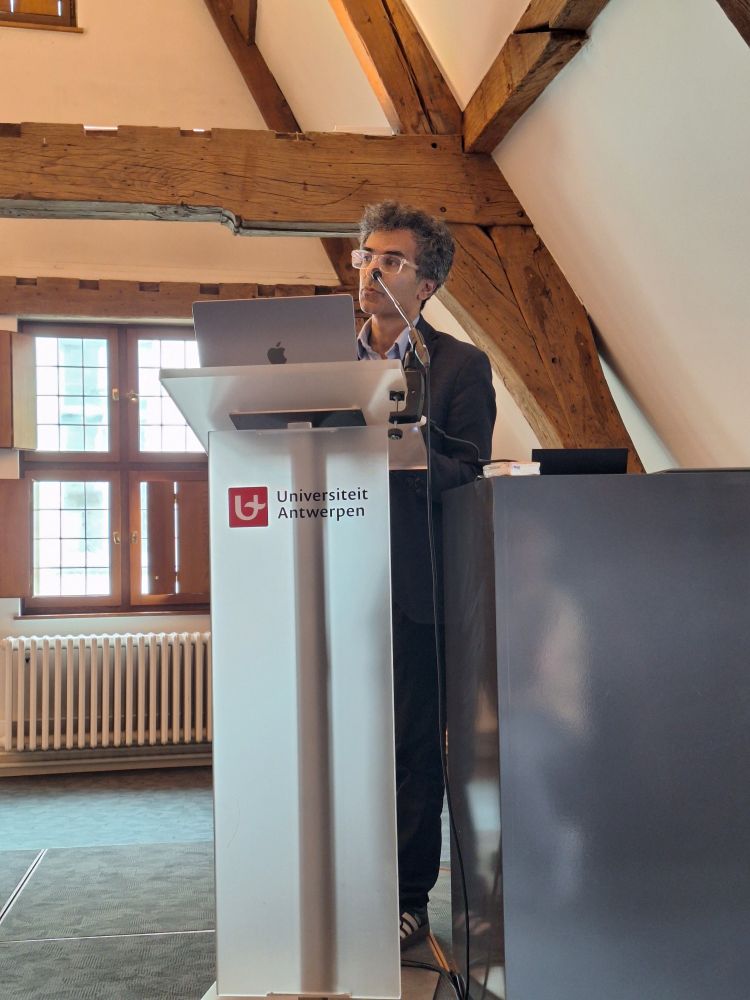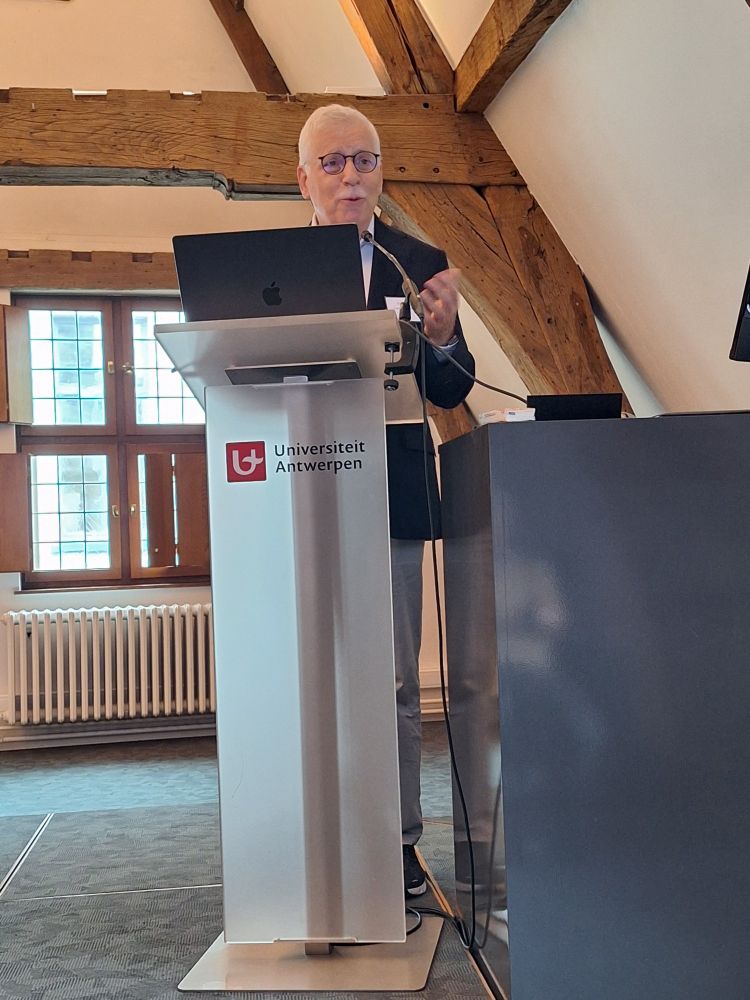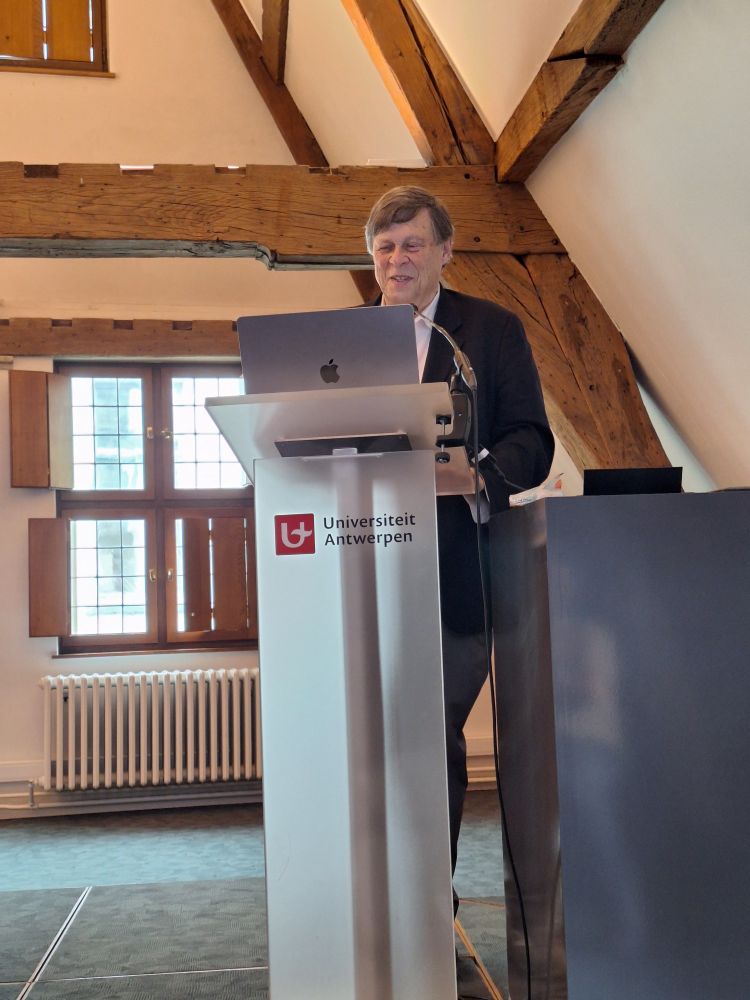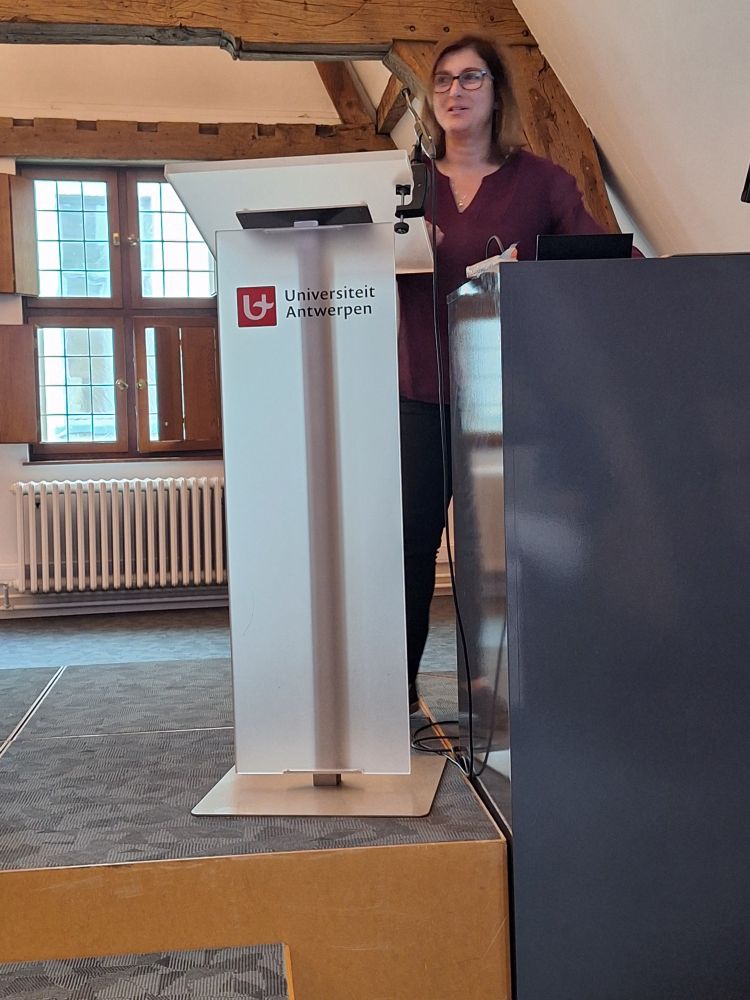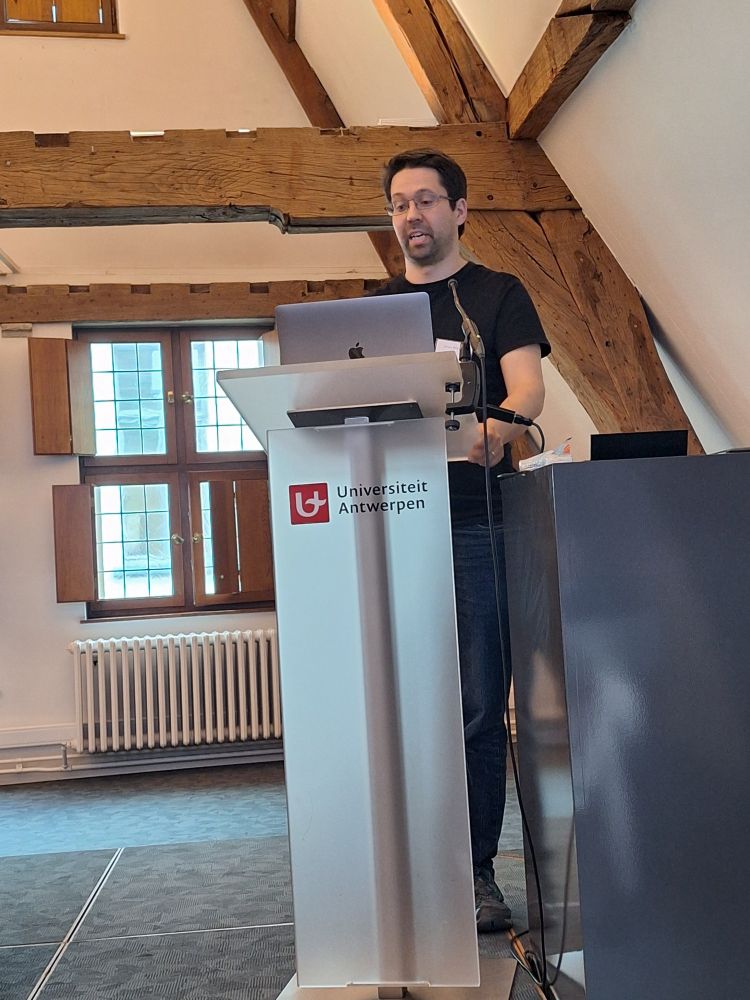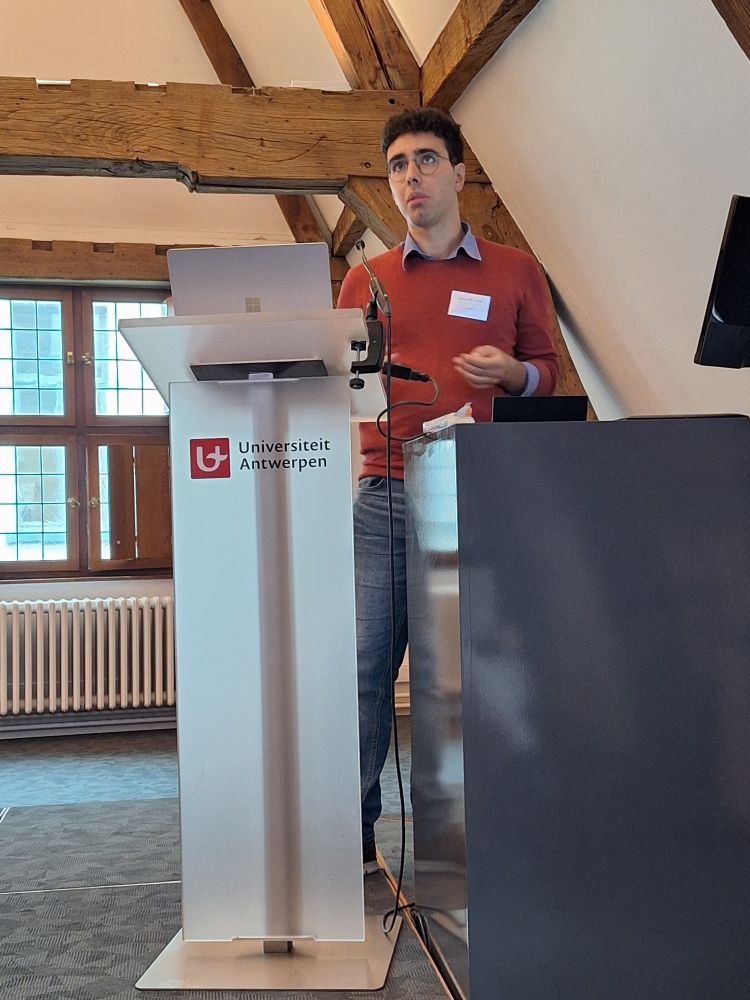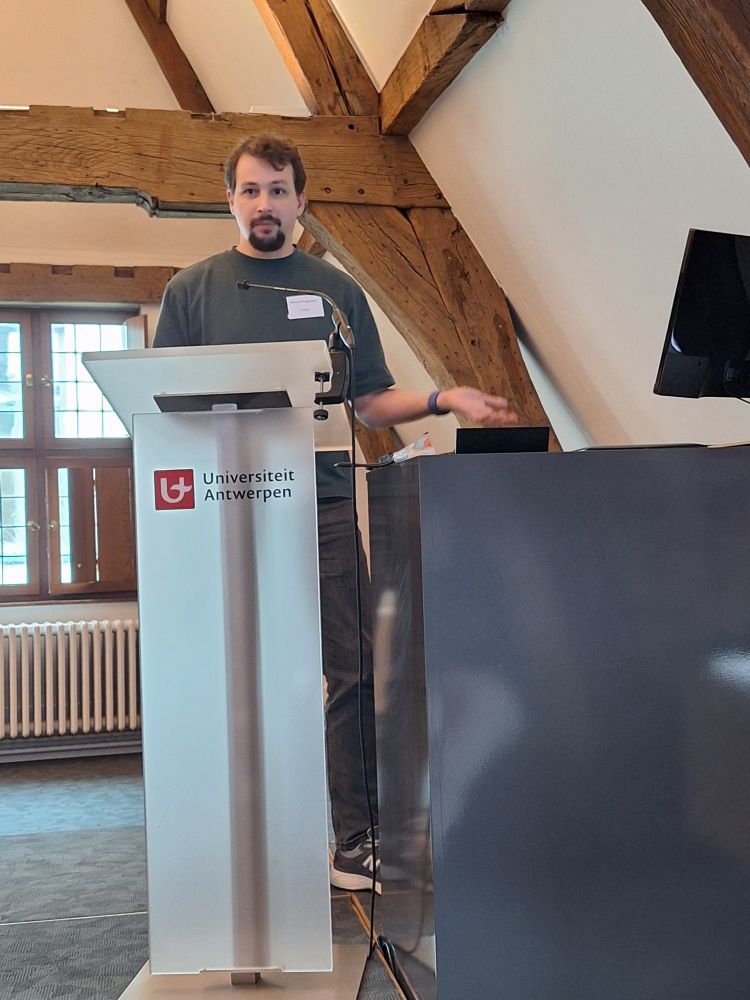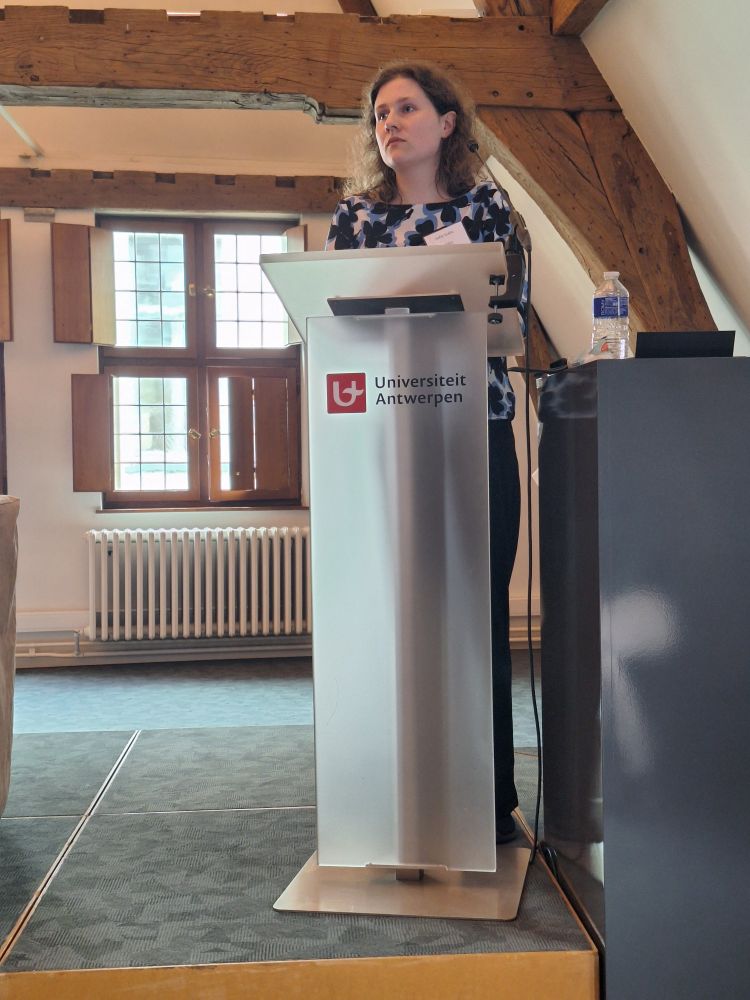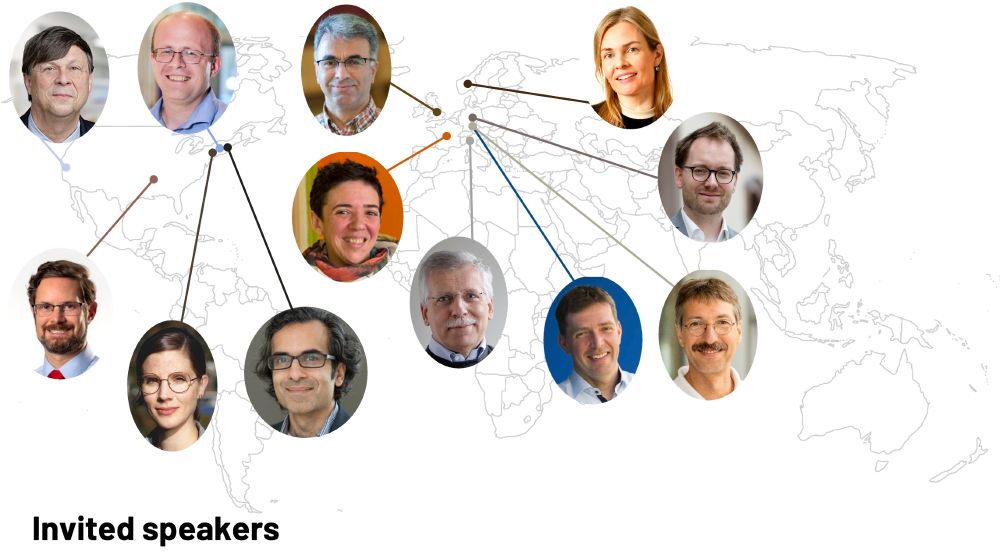
Pieter Meysman
@pmeysman.bsky.social
Professor in biomedical data science at the University of Antwerp.
Part-time CTO of ImmuneWatch.
Immunoinformatics with a focus on T-cell receptors.
Part-time CTO of ImmuneWatch.
Immunoinformatics with a focus on T-cell receptors.
How can #AI help decode our #immune systems and help for next generation #diagnostics? Here is a technical overview from the @airr-community.bsky.social diagnostics working group on where we currently are on this problem: doi.org/10.1016/j.im...
Redirecting
doi.org
October 29, 2025 at 8:36 AM
How can #AI help decode our #immune systems and help for next generation #diagnostics? Here is a technical overview from the @airr-community.bsky.social diagnostics working group on where we currently are on this problem: doi.org/10.1016/j.im...
Very proud to have been a jury member at the newly revived @iscb.bsky.social RSG Belgium hackathon! Exciting to see so many people giving their best efforts tackling challenging #bioinformatics problems!

September 26, 2025 at 5:40 PM
Very proud to have been a jury member at the newly revived @iscb.bsky.social RSG Belgium hackathon! Exciting to see so many people giving their best efforts tackling challenging #bioinformatics problems!
The AIRR Diagnostics WG commentary is now available, wherein our members discuss both the challenges of current #AIRR-based #diagnostics, as well as the future directions that we see the field going into!
www.sciencedirect.com/science/arti...
www.sciencedirect.com/science/arti...
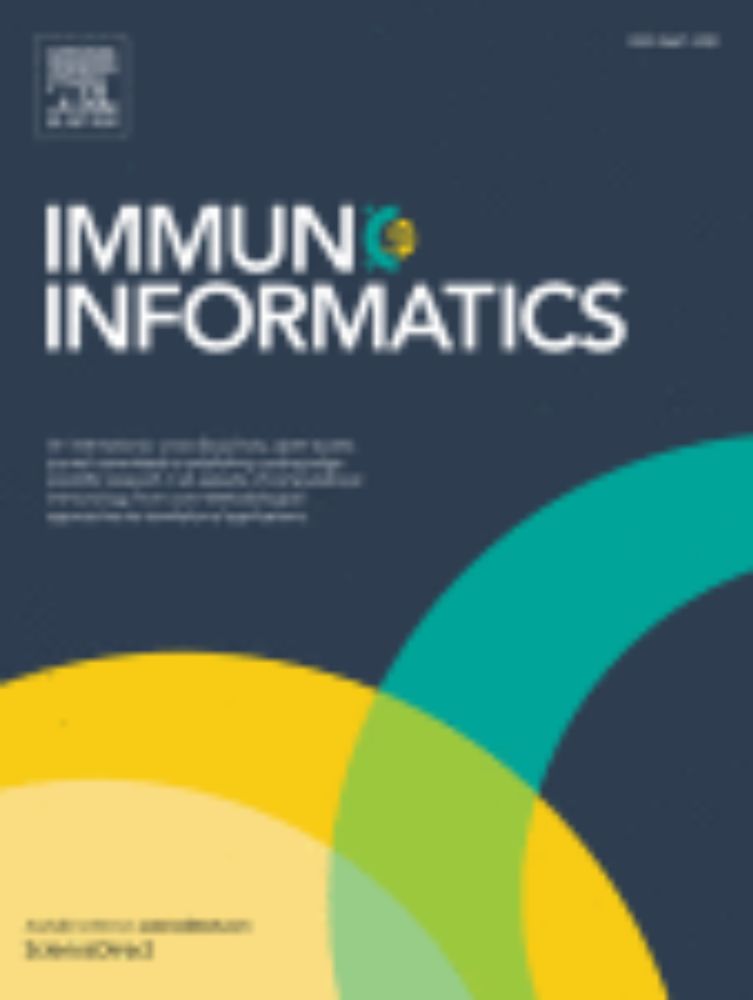
Challenges and Future Directions of AIRR-seq-Based Diagnostics
Adaptive Immune Receptor Repertoire sequencing (AIRR-seq) is a promising diagnostic method across various clinical conditions, yet its widespread impl…
www.sciencedirect.com
July 21, 2025 at 5:16 PM
The AIRR Diagnostics WG commentary is now available, wherein our members discuss both the challenges of current #AIRR-based #diagnostics, as well as the future directions that we see the field going into!
www.sciencedirect.com/science/arti...
www.sciencedirect.com/science/arti...
#ATCR25 short talk 7: Vincent Van Deuren on using TRIASSIC to identify convergent TCR clusters in the synovial fluid of rheumatoid arthritis patients.
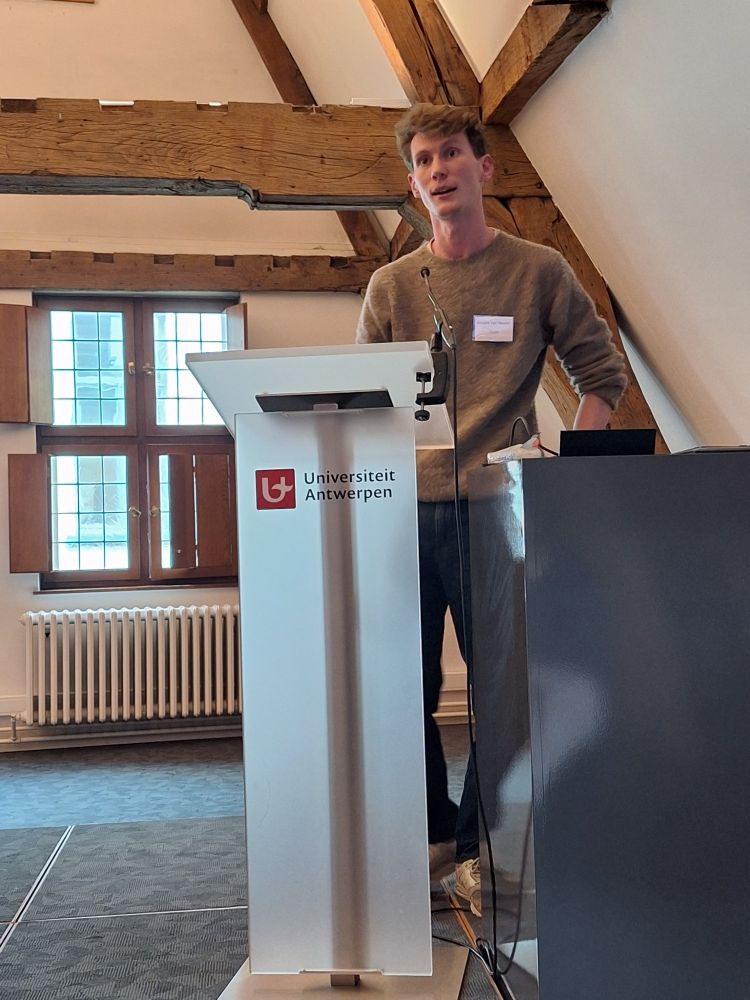
May 27, 2025 at 2:47 PM
#ATCR25 short talk 7: Vincent Van Deuren on using TRIASSIC to identify convergent TCR clusters in the synovial fluid of rheumatoid arthritis patients.
#ATCR25 short talk 3: Bjorn Kwee on the possibility that TCR-epitope prediction is poor because the underlying data has more false positives than commonly believed.
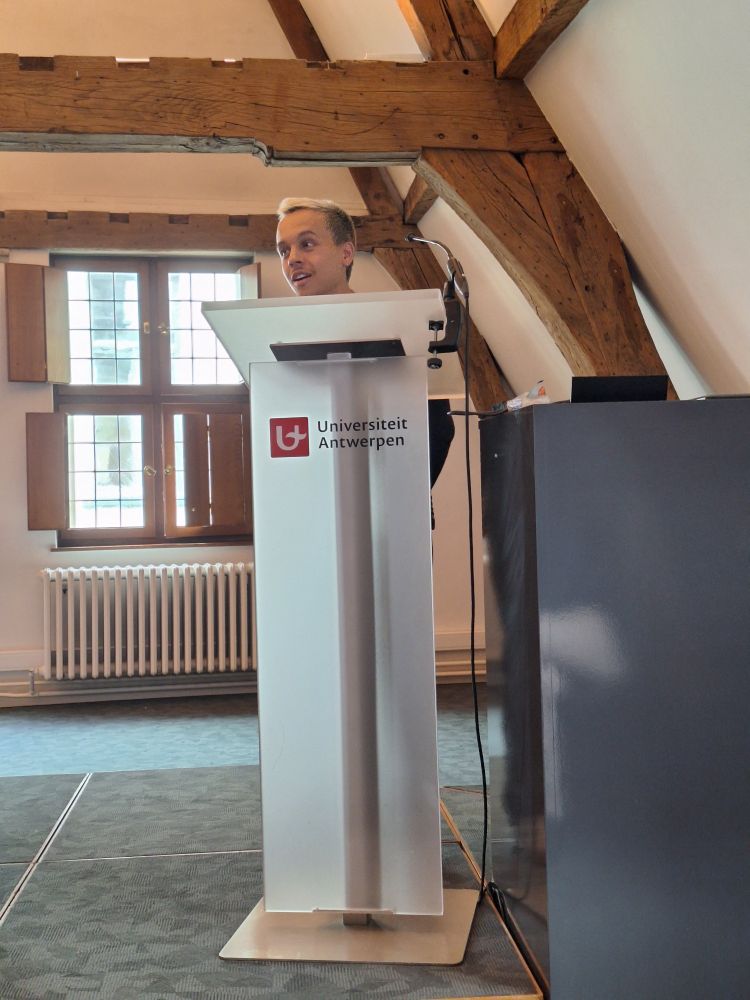
May 27, 2025 at 12:59 PM
#ATCR25 short talk 3: Bjorn Kwee on the possibility that TCR-epitope prediction is poor because the underlying data has more false positives than commonly believed.
#ATCR25 short talk 2: Abi Colley on building a TCR-epitope data set capturing variability on both the TCR and epitope side to build an annotation model.
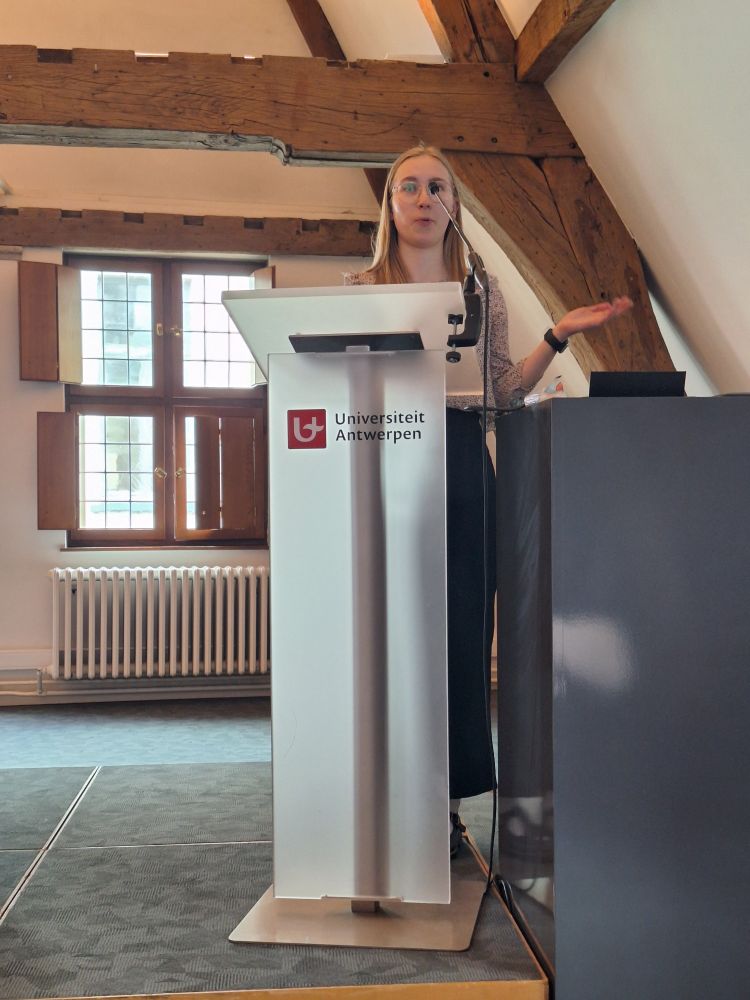
May 27, 2025 at 12:54 PM
#ATCR25 short talk 2: Abi Colley on building a TCR-epitope data set capturing variability on both the TCR and epitope side to build an annotation model.
Fifth #ATCR25 speaker: @kischober.bsky.social on how T cell receptor avidity influences clonal expansion following antigen exposure in a "natural experiment" (vaccination)
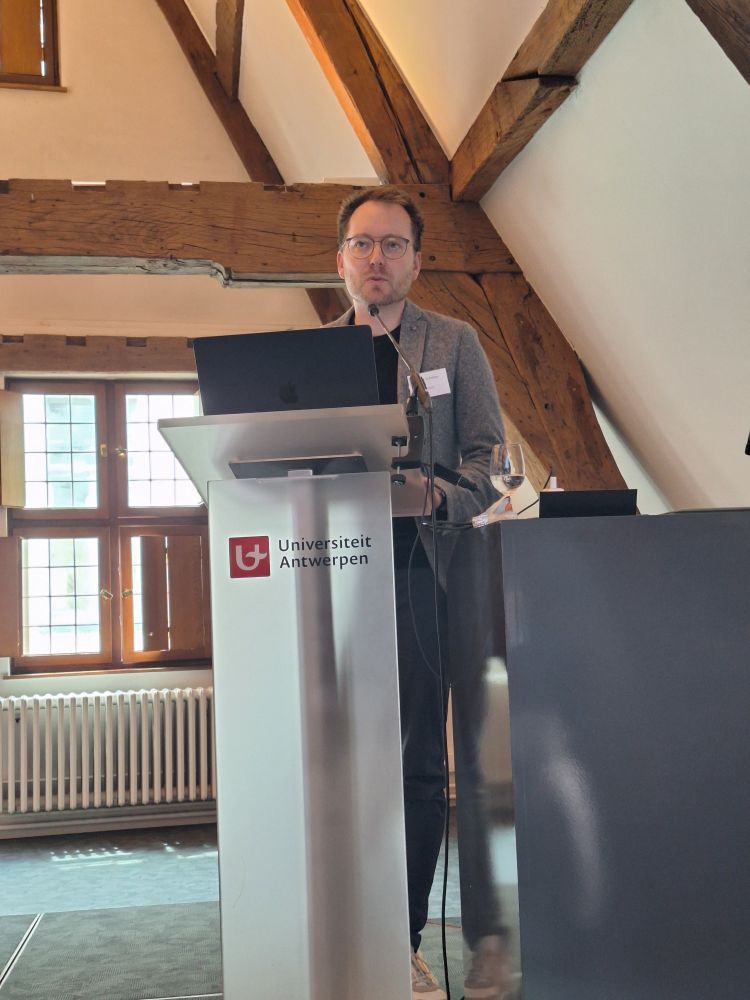
May 27, 2025 at 12:09 PM
Fifth #ATCR25 speaker: @kischober.bsky.social on how T cell receptor avidity influences clonal expansion following antigen exposure in a "natural experiment" (vaccination)
Fourth #ATCR25 speaker: Dietmar Zehn on the formation of seemingly exhausted T cells during acute infections, with the theory that this is tied to the affinity of the TCR-pMHC interaction.
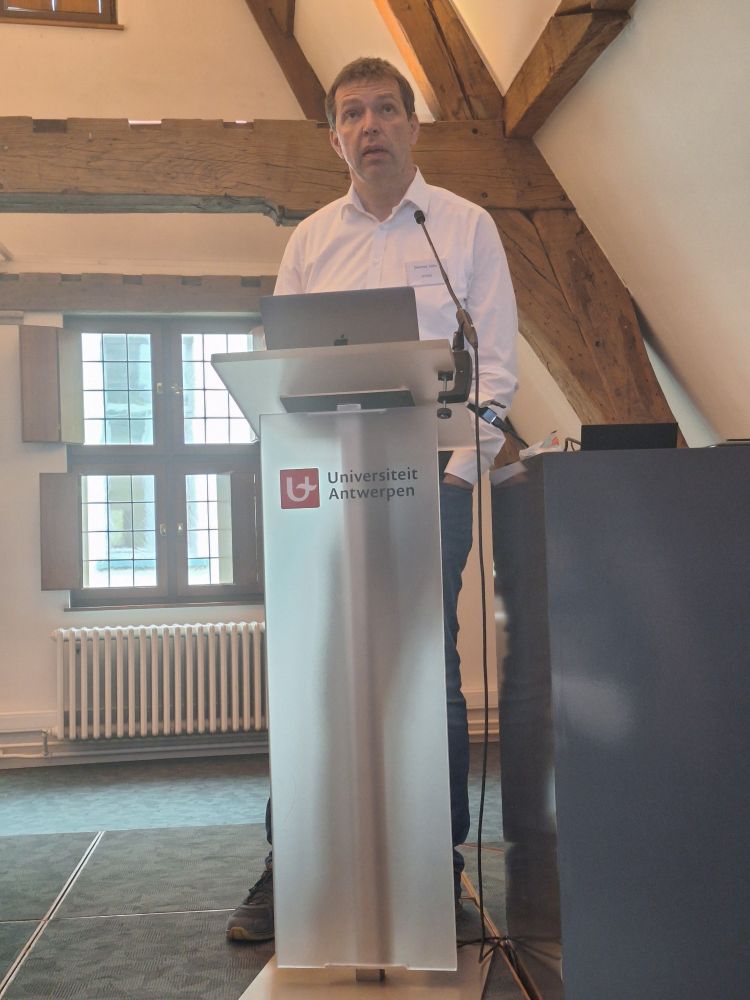
May 27, 2025 at 10:23 AM
Fourth #ATCR25 speaker: Dietmar Zehn on the formation of seemingly exhausted T cells during acute infections, with the theory that this is tied to the affinity of the TCR-pMHC interaction.
First #ATCR25 talk by Dirk Busch on the diversity and cross-reactivity of epitope-specific TCRs, which might be a redundancy of our immune system to anticipate escape mutations.

May 27, 2025 at 7:36 AM
First #ATCR25 talk by Dirk Busch on the diversity and cross-reactivity of epitope-specific TCRs, which might be a redundancy of our immune system to anticipate escape mutations.


